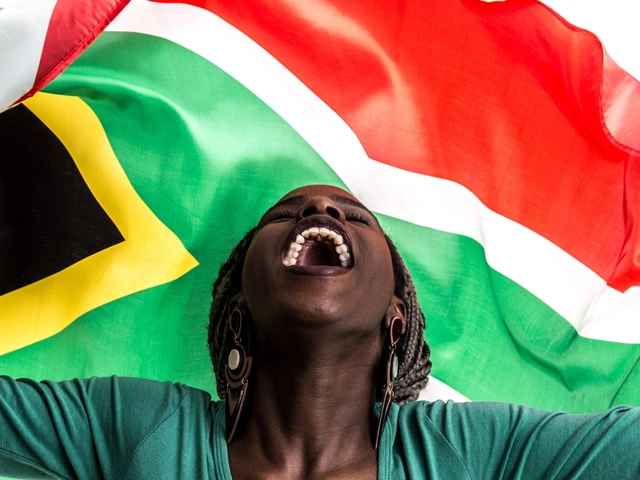The Origin of the Number 10 in Soccer
In the early days of soccer, the numbering of players was not as significant as it is today. Players were assigned numbers based on their positions on the field, and the number 10 was often given to the playmaker or the most technically skilled player. This tradition started in the 1954 World Cup when the teams began to wear numbers on their jerseys. The best player, usually the playmaker, wore the number 10 jersey. This tradition has been carried forward to the present day.
The Influence of Legends
Many of the greatest players in the history of soccer have worn the number 10 jersey. The likes of Pele, Diego Maradona, Lionel Messi, and many others have donned the number 10, further enhancing its significance. These players, through their exceptional skills and achievements, have set a standard for the number 10 jersey. It is now seen as a symbol of leadership, responsibility, and talent.
The Role of the Number 10 Player
The number 10 player usually plays a central role in the team's offensive play. The player wearing the number 10 is often the team's playmaker, responsible for creating scoring opportunities and dictating the flow of the game. This role requires exceptional ball control, creativity, vision, and the ability to make decisive passes. Therefore, it's usually given to the team's most technically skilled player.
The Psychological Impact of the Number
Wearing the number 10 jersey can have a psychological impact on players. It often brings an added pressure to perform, as they are wearing the same number as some of the greatest players in the history of the sport. However, it can also boost a player's confidence, making them feel more capable and influential on the pitch.
Why Top Players Choose Number 10
Many top players choose to wear the number 10 jersey as a mark of respect for the legends who have worn it before them. It's also a way for them to set high standards for themselves, as the number 10 is associated with greatness and success in soccer. Wearing the number 10 is a statement of intent, signaling that the player aims to be the best and lead the team to victory.
The Mystique of the Number 10
The number 10 has a certain mystique in soccer. It's more than just a number. It's a symbol of skill, creativity, leadership, and responsibility. The number 10 jersey is often the most sought-after and revered in a soccer team. It has an aura that sets it apart from other numbers.
The Impact on the Fans
The number 10 jersey also has an impact on the fans. They often associate the number with the team's best player and hold high expectations for the player wearing it. Many fans buy the number 10 jersey as a way to support their favorite player or team.
The Future of the Number 10
The future of the number 10 in soccer is likely to continue its tradition. As long as the game is played, there will always be a number 10 on the field, wearing the jersey with pride and carrying the hopes and expectations of the team. The number 10 will continue to be associated with greatness and excellence in the sport of soccer.
Notable Number 10s in Soccer History
There have been many notable number 10s in the history of soccer. From Pele and Maradona to Messi and Neymar, the number 10 has been worn by some of the greatest players the sport has ever seen. These players have left an indelible mark on the game, enhancing the significance of the number 10 jersey.
Conclusion: The Legacy of the Number 10
The number 10 jersey in soccer carries a rich history and legacy. It's not just a number, but a symbol of excellence, creativity, leadership, and responsibility. The best players aspire to wear the number 10, understanding the significance and expectations that come with it. The legacy of the number 10 is likely to continue for many years to come, as future generations of players strive to make their mark in the beautiful game.


